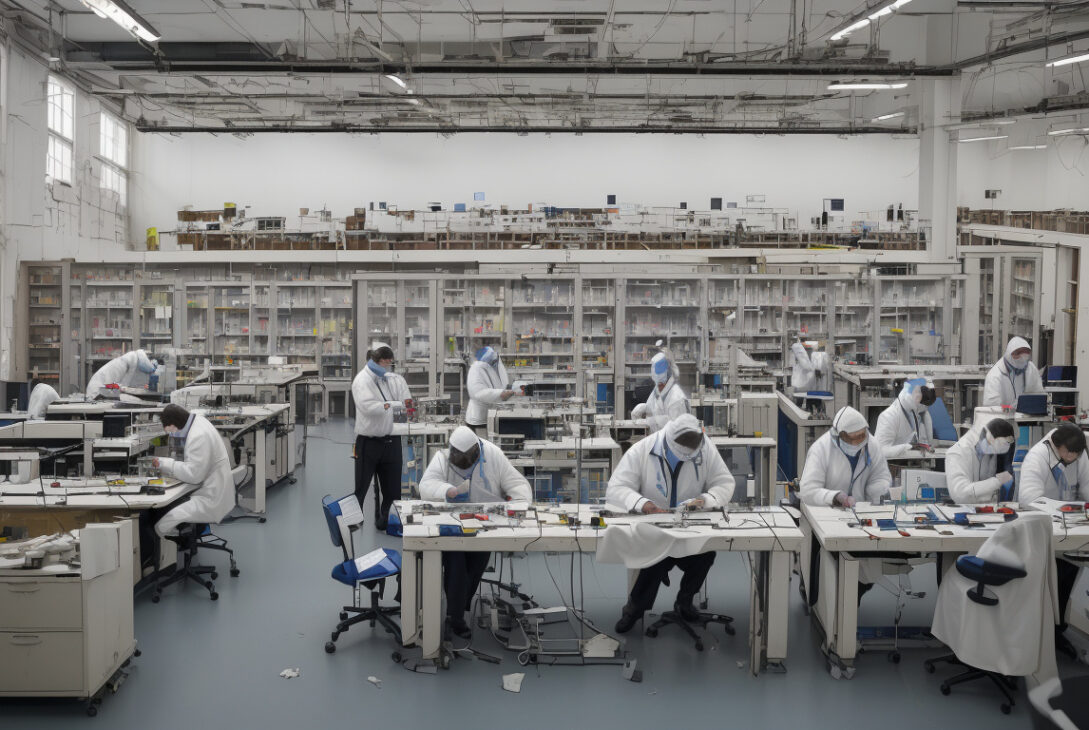Argentina’s Science and Technology Budget Hits Lowest Level Since 2002 Amid Historic Cuts
By Francisca Orellana, UPI – August 18, 2025
Argentina’s investment in science and technology has plummeted to 0.156% of its gross domestic product (GDP), marking the lowest level in more than two decades. According to a July report from the EPC—a collective of researchers and policy analysts specializing in science, technology, and innovation—this decline represents a 48% drop compared to 2023, as the country faces severe austerity measures impacting its scientific community.
A Stunning Contradiction: From Triumph to Turmoil
This budgetary downturn starkly contrasts with recent scientific achievements. Earlier this year, Argentina’s high-profile maritime expedition, Talud Continental IV, captivated global audiences by live-streaming explorations of the Mar del Plata submarine canyon using the remotely operated vehicle SuBastian. The mission, led by scientists from the National Scientific and Technical Research Council (Conicet) in partnership with the Schmidt Ocean Institute, attracted an average of 500,000 viewers per broadcast, amassing over 17.5 million views within three weeks.
While these successes highlighted the nation’s scientific potential on the global arena, they coincided with an unprecedented contraction in government support for research and innovation.
Budget Cuts Deep and Widespread
When President Javier Milei took office, the science and technology budget stood at 0.30% of GDP. Since then, drastic cuts have been made to redirect resources toward social programs and other strategic sectors, but at a steep cost to the research landscape. Key institutions have faced severe funding reductions including:
- Conicet: 41% budget cut compared to 2024, resulting in a loss of around 4,148 research jobs nationwide, a third of which are at Conicet.
- Agency for Research, Development and Innovation (I+D+I): 67% budget reduction.
- National Institute of Industrial Technology: 46% cut.
- National Institute of Agricultural Technology: 39.6% decline.
- National Commission on Space Activities: 40% cut.
- National Genetic Data Bank: 50.4% funding loss.
Concurrently, the Ministry of Science was downgraded to a secretariat, further signaling the government’s deprioritization of this sector.
Consequences on Research and Employment
These drastic cuts have led to shortages in equipment and supplies, suspended research contracts, salary reductions, and an accelerating "brain drain" as Argentine scientists seek opportunities abroad. The reduction in scientific staff is palpable; the University of Buenos Aires’ Faculty of Exact and Natural Sciences alone lost 13% of its teaching staff in 2024 due to budget and salary cuts.
Guillermo Durán, dean of the Buenos Aires faculty, expressed deep concern: “There is a political decision to dismantle Argentina’s science and technology system and the high-quality public university system that has always set us apart as a country… The damage caused could take many years to recover.”
Agustín Campero, president of the Alem Foundation and former secretary of scientific articulation, echoed these worries, stating, “It is dire and will have severe consequences for Argentina’s development.”
Public Funding Dominates, But Now Diminishing
Historically, government sources have financed the majority of Argentina’s research and development (R&D), covering 59.5% of funding in 2024, while private companies contributed only 20.7% and universities a mere 1.2%. Public agencies and universities accounted for 61% of R&D funding. The recent austerity measures thus critically undermine the backbone of the country’s innovation infrastructure.
Though the government emphasized continued investment in sectors such as agribusiness, energy, mining, the knowledge economy, and health, important areas like climate change, environmental sciences, and social sciences have suffered neglect and funding reductions.
A Call to Action from the Scientific Community
The dire fiscal environment undermines the goals set by Argentina’s Science System Financing Law, passed in 2021, which aimed for a gradual increase in state investment to reach 1% of GDP by 2032. This target represented a consensus among scientists and educational institutions to ensure sustainable growth in science and technology.
As of 2025, that vision is at serious risk. The scientific community is urging policymakers to reverse recent budget cuts and recommit to fostering innovation and research vital to Argentina’s future development and global competitiveness.
In brief: Argentina’s science and technology sector faces an unprecedented financial crisis with historic budget cuts hindering research progress and triggering job losses. Experts warn the long-term impact could severely impair the nation’s innovation capacity unless immediate action is taken to restore and boost investment.
© 2025 United Press International, Inc. All Rights Reserved.










